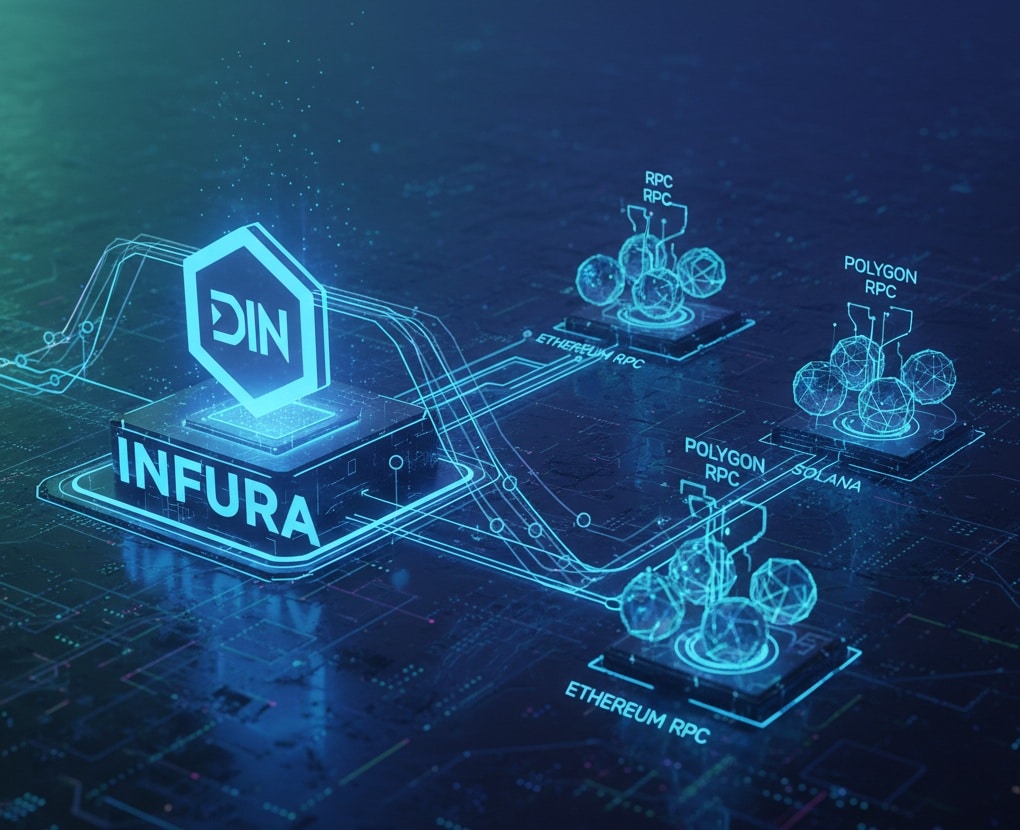Crypto’s main value proposition is that core networks are expected to be online at all times. Thanks to this ultra-high reliability, DeFi platforms, whether lending or decentralized exchanges, can operate at any time of the day, all without transaction censorship, another big plus.
It is true that Bitcoin, Ethereum, and the mainnets that power some of the upcoming 100X cryptos are reliable. Ethereum, Litecoin, Monero and most existing chains with decentralized nodes and miners have never “shut down” since their launch.
However, something happened last month. When AWS failed, Uniswap, MetaMask, and other leading DeFi protocols also stopped connecting to the mainnet and offering services to thousands or even millions of users.
(source – X)
DISCOVER: 9+ Best High-Risk, High-Reward Cryptocurrencies to Buy in 2025
The AWS outage revealed that, despite talk of decentralization, most DeFi protocols and wallet providers still run the majority of their nodes on centralized cloud service providers. As is now clear, much relies on AWS, Google and Alibaba platforms to power operations. This is a decision that introduces weaknesses into cryptography.
Amazon engineers identified the outage as a “DNS race condition” in their automated DNS management system. Simply put, two processes in their DynamoDB, a database service, competed to write the duplicate DNS entry simultaneously, resulting in an “empty” record, which was the source of all their problems.
By the time the issue was resolved, Coinbase, Robinhood, MetaMask, and Infura had all reported issues.
On Infura, which powers most Ethereum RPC traffic, endpoint disruptions ultimately affected most of Ethereum’s Layer 2s, including Base and Optimism.
Specifically, on Uniswap, swaps were frozen because users could not log in or execute swaps.
On Aave, a decentralized money market, borrowing and lending stopped while Oracle updates were delayed, risking under-collateralized positions.
DISCOVER: The best new cryptocurrencies to invest in in 2025
Recognizing the risks, Consensys, which runs Infura, a blockchain infrastructure provider, is taking action by providing easy-to-use RPC endpoints.
Yesterday, Consensys launched a Decentralized Infrastructure Network (DIN) as an Actively Validated Service (AVS) on EigenCloud, a takeover protocol on Ethereum.
The Consensys DIN will function as an RPC marketplace, where malicious agents will be penalized.
On EigenCloud, users can stake ETH or liquid versions like stETH to secure the Ethereum mainnet, then “relaunch” it to also support other services like DIN.




